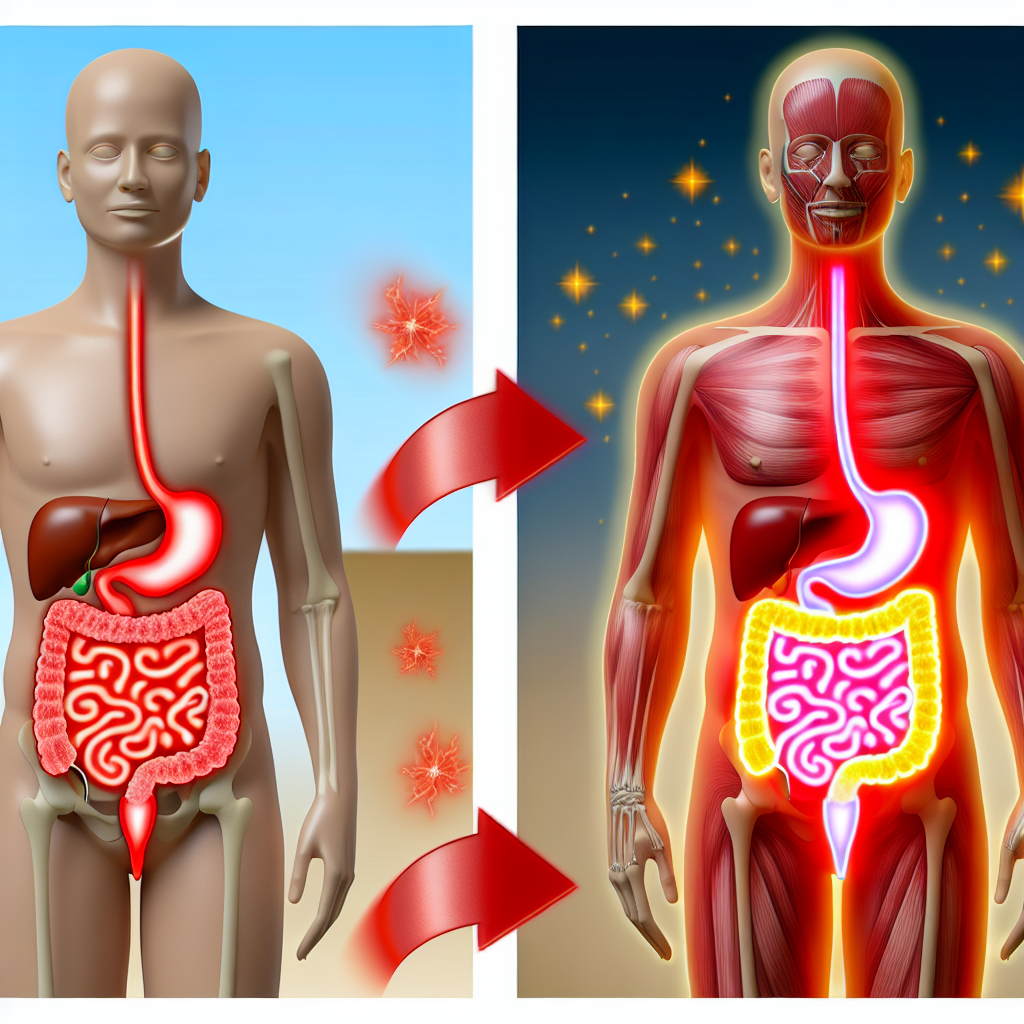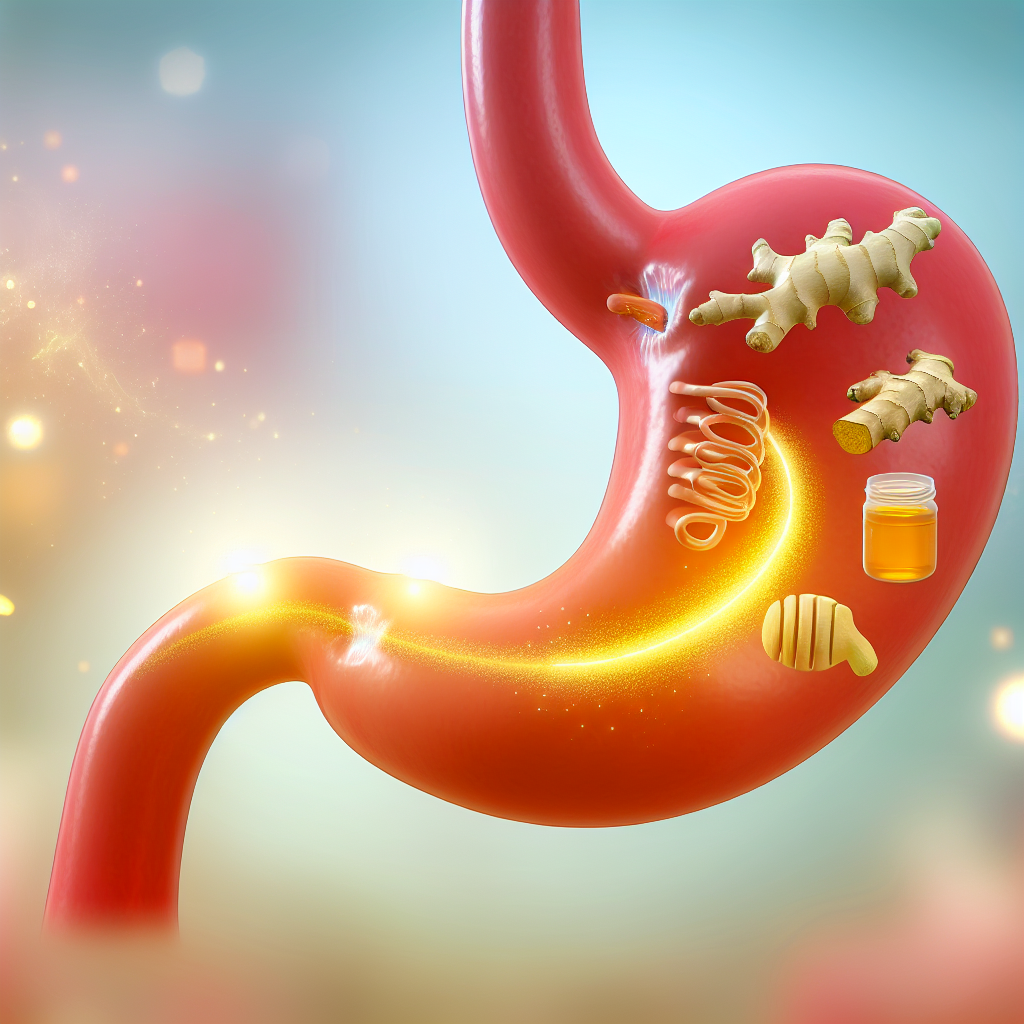Fecal microbiota transplantation (FMT) has garnered attention in the medical domain. Still, its efficacy for weight loss remains multifaceted, with restricted and inconclusive evidence. Here is a comprehensive analysis of the information we have gathered up to this point:
Potential Advantages (Theoretical):
The gut microbiome influences metabolism and the absorption of nutrients, hence affecting weight regulation. Research indicates a potential correlation between a well-balanced gut microbiota composition and maintaining a healthy body weight.
Microbial Transfer: The fundamental idea is that the gut microbiome, which is a diverse collection of bacteria living in the human gastrointestinal tract, has a significant impact on different physiological processes, such as energy metabolism and weight regulation.
By introducing beneficial bacteria from a healthy donor’s gut, FMT seeks to alter the recipient’s gut microbiota.
Research has indicated that individuals with a well-maintained and harmonious gut microbiome generally have a reduced likelihood of developing obesity and related metabolic diseases, in contrast to those with a less varied or imbalanced gut microbial population.
By introducing beneficial bacteria from a healthy donor’s gut, FMT seeks to alter the recipient’s gut microbiota, potentially enhancing their metabolic profile.
The gut microbiota transfer can impact the recipient’s capacity to extract and consume energy from food. It can also control the generation and distribution of metabolic hormones, including insulin and leptin, which are crucial in weight control.
Consequently, this can potentially aid in achieving long-term weight loss and enhance the recipient’s overall metabolic well-being.
Moreover, incorporating a wide range of gut bacteria from a slender contributor might stimulate the proliferation of microorganisms linked to heightened energy usage, improved fat breakdown, and diminished inflammation—crucial elements in sustaining a desirable body weight. Consequently, this can potentially aid in achieving long-term weight loss and enhance the recipient’s overall metabolic well-being.
Key Factors to Take into Account:
Insufficient Research: Few studies on FMT for weight loss exist, and the existing ones have not provided definitive evidence of its effectiveness. Further investigation is required to ascertain this situation’s potential advantages and drawbacks.
Varying Outcomes: Certain studies have demonstrated a slight reduction in weight following FMT, but others have not observed any notable impacts.
Unknown Long-Term Impacts: The enduring consequences of FMT on weight regulation and general well-being remain uncertain.
Safety concerns: May arise from the potential dangers associated with FMT, such as the possibility of infection or accidental spread of microorganisms.
Present condition:
Prominent medical institutions do not currently endorse Fecal Microbiota Transplantation (FMT) as a viable method for weight loss due to the absence of conclusive evidence and potential safety risks.
Emphasize Established Techniques: When it comes to losing weight, it is essential to prioritize methods proven via research and evidence. This includes following a proper diet, engaging in regular exercise, and making behavioral changes, all of which should be done under the supervision of a healthcare practitioner.
Options for Weight Loss:
The future of Fecal Microbiota Transplantation (FMT) for weight loss.
A well-rounded diet with sufficient protein and fiber and consistent physical exercise provides the foundation for achieving and maintaining a healthy weight.
Behavioral therapy can effectively target and treat the fundamental habits and emotional aspects contributing to weight gain.
Seeking advice from a doctor or certified dietitian allows for developing a customized weight reduction strategy that considers your specific requirements and medical background.
The future of Fecal Microbiota Transplantation (FMT) for weight loss:
Ongoing research is being conducted to further investigate the possible impact of FMT on weight management. However, additional studies are required to explore this role fully.
Future research may focus on finding particular bacterial strains that facilitate weight reduction and designing precise medicines rather than relying on broad FMT techniques.

Dominic E. is a passionate filmmaker navigating the exciting intersection of art and science. By day, he delves into the complexities of the human body as a full-time medical writer, meticulously translating intricate medical concepts into accessible and engaging narratives. By night, he explores the boundless realm of cinematic storytelling, crafting narratives that evoke emotion and challenge perspectives.
Film Student and Full-time Medical Writer for ContentVendor.com




